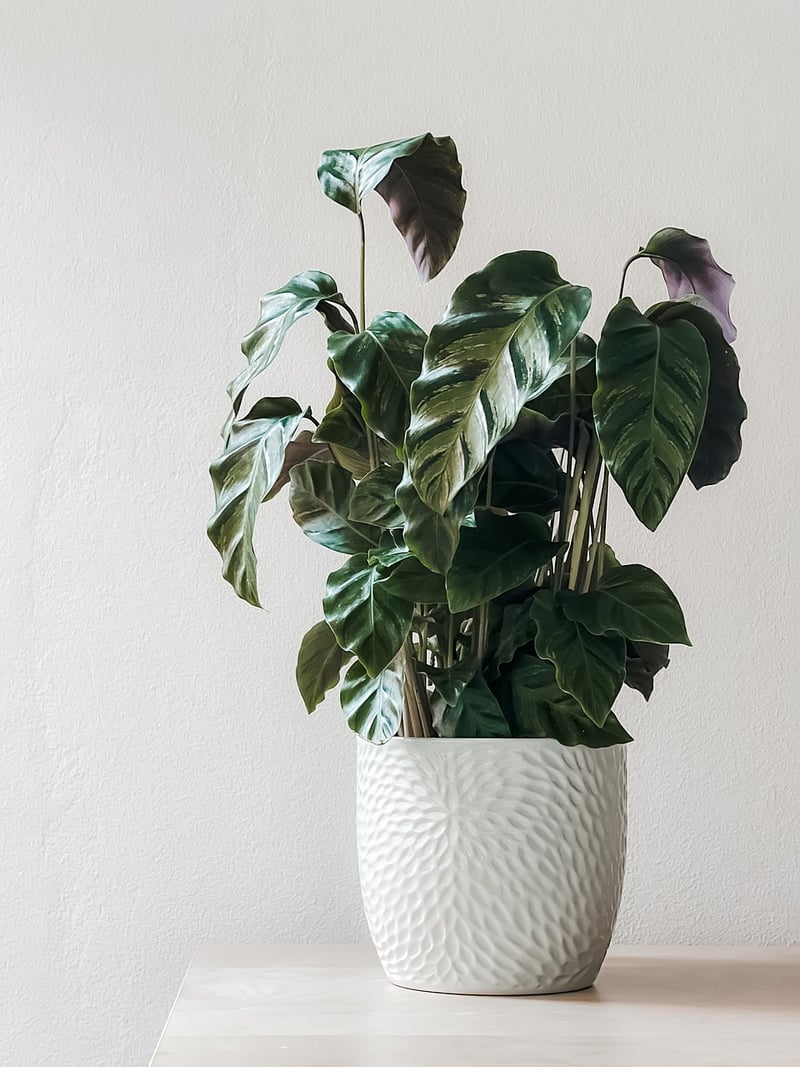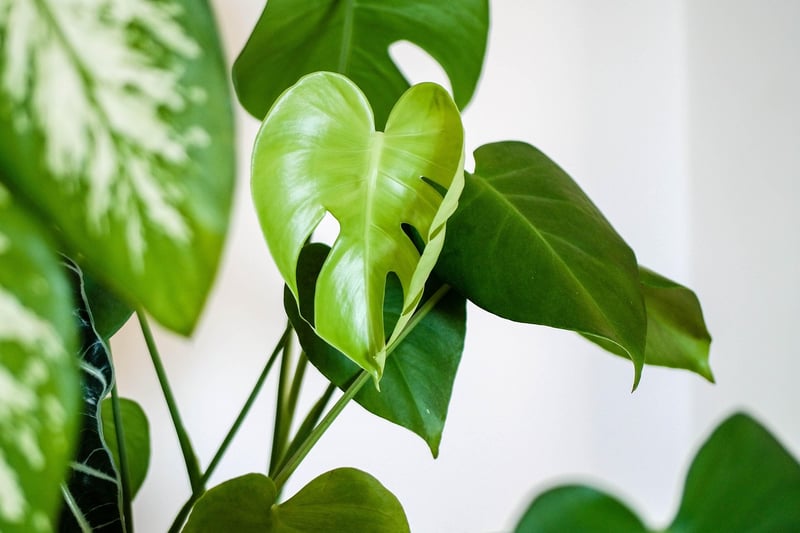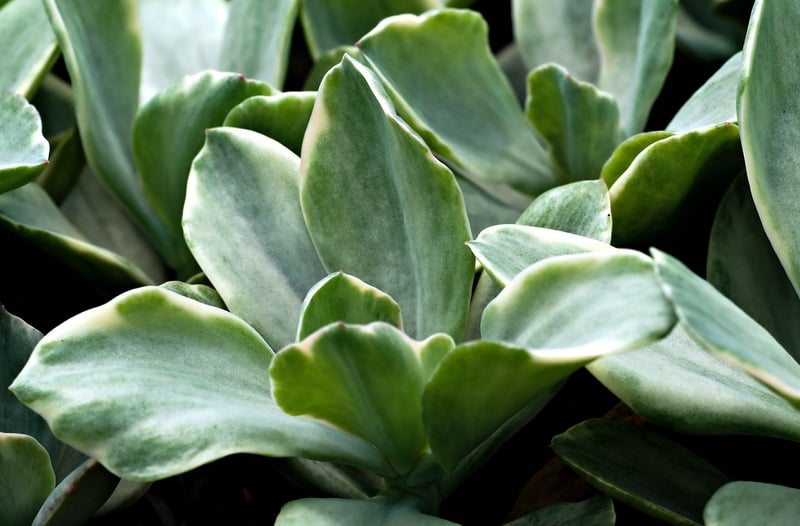Light Requirements
Plant Maintenance and Light Requirements
Introduction
Welcome to our guide on plant maintenance and light requirements. Whether you are a seasoned gardener or a newbie plant parent, understanding how to care for your plants and provide them with the right amount of light is essential for their health and growth. In this article, we will explore some tips and tricks to help you keep your plants thriving and happy.
Plant Maintenance Tips
- Watering: Different plants have different watering needs. Always check the soil moisture before watering and adjust according to the plant's requirements.
- Pruning: Regular pruning helps promote new growth and keeps your plants looking neat. Remove dead or yellow leaves to encourage healthy foliage.
- Fertilizing: Feed your plants with a balanced fertilizer during the growing season to provide essential nutrients for growth.
- Pest Control: Keep an eye out for pests like aphids or spider mites. Treat infestations promptly to prevent damage to your plants.
- Repotting: As your plants grow, they may outgrow their current pots. Repot them into larger containers with fresh soil to give their roots room to spread.
Light Requirements
Light is crucial for photosynthesis, the process by which plants convert light energy into food. Understanding your plant's light requirements is key to ensuring they thrive. Here are some common light categories:
Low Light Plants
Plants that thrive in low light conditions are perfect for rooms with minimal natural light. Some examples include snake plants, pothos, and peace lilies.

Medium Light Plants
Plants that prefer medium light can tolerate indirect sunlight or dappled shade. Consider plants like philodendrons, spider plants, and dracaenas for these conditions.

High Light Plants
Plants that require bright, direct sunlight are classified as high light plants. Examples include succulents, cacti, and many flowering plants like roses.

Conclusion
By following these plant maintenance tips and understanding your plant's light requirements, you can create an environment where your plants will thrive. Remember to observe your plants regularly, adjust care as needed, and enjoy the beauty they bring to your space.
